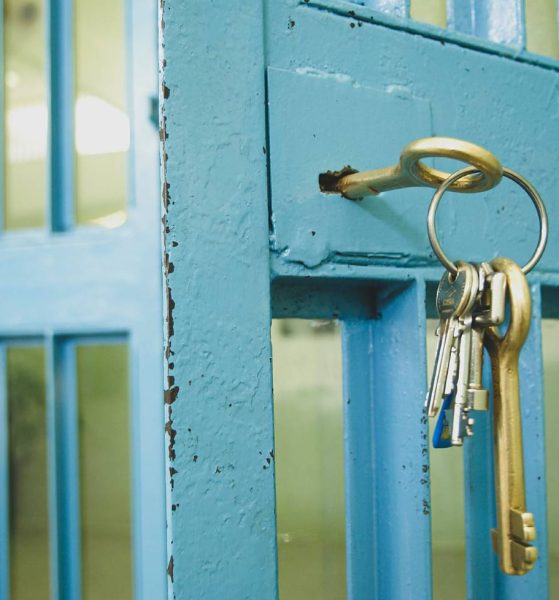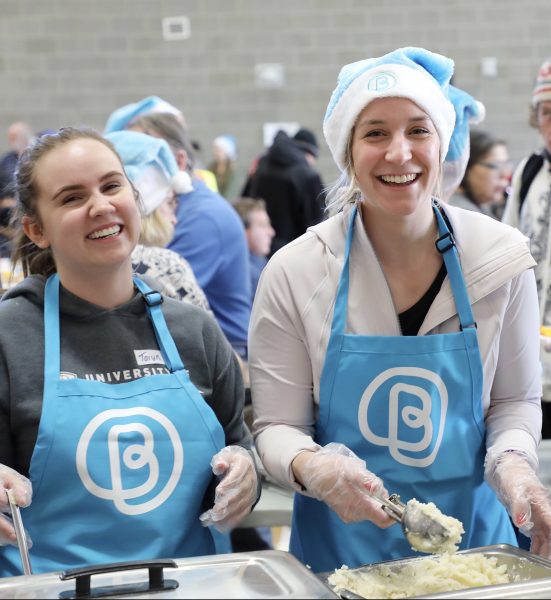
Did you know that approximately one in 28 children grows up with a parent behind bars? That’s not just a number – it’s a glimpse into the lives of young people who face this challenge and need support to break the cycle. According to the US Department of Health and




